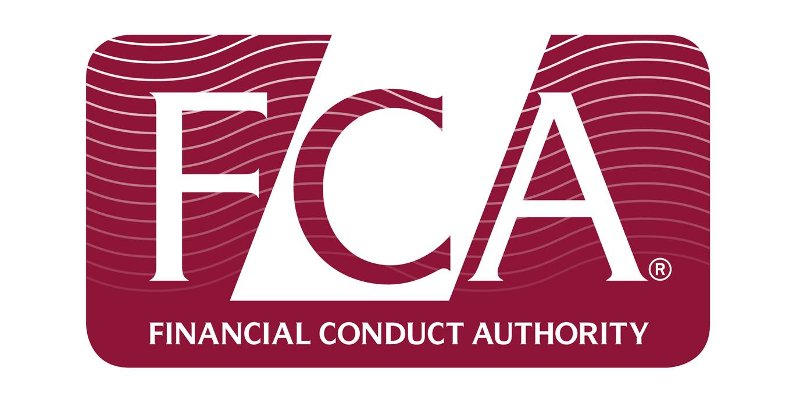Within a speech by Nikhil Rathi, chief executive of the FCA to Lord Mayor of London, it was detailed that £14.7bn in equity had been raised on UK markets between April and June 2020.

Within a speech by Nikhil Rathi, chief executive of the FCA to Lord Mayor of London, it was detailed that £14.7bn in equity had been raised on UK markets between April and June 2020.
Moreover, Rathi outlined that the issuance of corporate debt by UK companies in June increased by 247% compared to January.
Outlining the severity of the impact of coronavirus and lockdowns, Rathi pointed to the 4.4 million deferrals granted across mortgages, credit cards and personal loans.
Rathi said: “In light of the latest lockdown restrictions across the United Kingdom, we have proposed updated guidance that would allow those in financial difficulty to receive payment deferrals for up to six months, whilst providing tailored measures for those facing medium-term challenges.”
Rathi also outlined that the FCA expects to see a significant number of regulated firms, particularly smaller firms, to fail in the months ahead.
Looking to the transition period after the UK’s departure from the European Union, Rathi detailed that the FCA has prepared temporary regimes that will allow approximately 1,500 non-UK firms to continue operating in the UK.
The FCA will also take on a new set of responsibilities onshored into the UK regulatory framework.
Rathi said: “We continue to operate in an open, co-operative way, providing technical support to the government in negotiations and deepening our relationships with international regulators, and adapting to our new relationship with EU counterparts.
“We remain committed to upholding high international standards and to maintaining open markets. Fragmentation will affect liquidity, reduce the ability to net transactions, make risk management more difficult and feed through into a higher cost of capital.
“These additional costs and lower returns will ultimately hit savers and pensioners, whether they are in the UK or in the EU. We are doing what we can to avoid this.”
Furthermore, turning to 2021 and beyond, Rathi pointed to the question of how to balance the need for regulators to have enough flexibility to act quickly, while maintaining proper democratic oversight of their work.
Rathi said: “We will play our full part in ensuring any updated accountability arrangements work smoothly and transparently.
“There also remain significant logistical challenges to resolve together. For example, being prepared for the transition from LIBOR to be completed by the end of next year.
“Good progress has been made in the past three years on the transition from LIBOR to stronger and better interest rate benchmarks. This has been made possible by industry working closely and collaboratively with the FCA and the Bank of England.”
The speech outlined that in Sterling markets, the risk-free overnight rate, SONIA, is now the norm in new issuance of floating rate bonds and securitisations.
Rathi explained that SONIA is overtaking Sterling LIBOR in the swaps market, accounting for around two-thirds, equating to an estimated £10trn in SONIA swaps traded a month.
Rathi said: “Important transition steps in the past months include the publication of ISDA’s protocol for derivatives. In less than three weeks, since the protocol window opened, almost 600 entities have signed up.
“The next four to six months are arguably the most critical period in the transition and the time to act is now. Market participants from all sectors – lenders, asset managers and non-financial firms need to ensure they are ready for the end of LIBOR.”
In order to address all of these issues, Rathi believes that the FCA must be transformed.
He said: “The ambitious transformation programme we are working on at the FCA encompasses everything that we do, our culture, our people and our technology.
“With around 60,000 regulated entities to supervise, we need to make further investments in a more digital and data-enabled approach.
“This should allow us to intervene sooner to reduce harm to consumers and markets.”
Rathi also pointed to the smarter collection and use of data, backing faster intervention, which she believes would result in a lower total cost of regulation for well-run financial services firms.
In addition, Rathi outlined that improving the FCA’s capabilities would also aid its evaluation and engagement with industry on topics like big data, model risk management and artificial intelligence.
Rathi said: “Transformation of the FCA and the way that we work will underpin all of our efforts – maximising our use of data and technology, making the FCA more diverse so that we can bring a full range of perspectives and ideas to our work, and using the lessons of this extraordinary year to build on the best elements of our organisational culture.
“This will allow us to deliver more for consumers, firms and markets by making us as effective and efficient as we possibly can be.”



